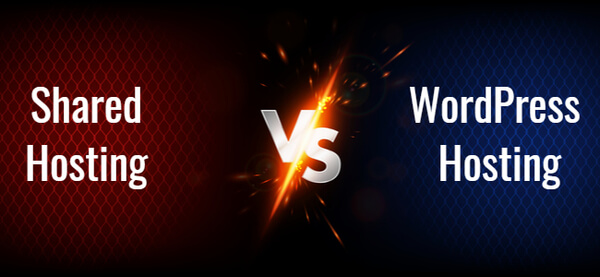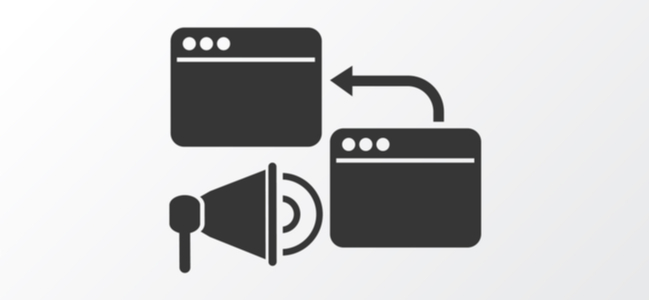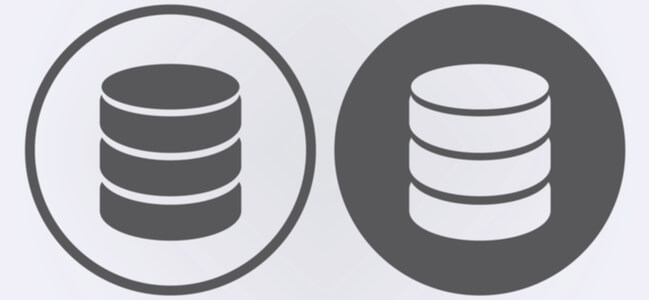How to Choose the Best CDN Hosting
Before settling on a single service, it’s worth exploring the many options available to you. Instead of panicking, consider these questions to help choose the best CDN hosting provider:
- Look for a CDN with a large network and locations that matter to your users. It’s important that your CDN have access points in locations where your target viewers concentrate to guarantee the highest speeds possible. Additionally, search for CDNs which feature expansive networks. Having 100,000 locations, or even 50,000 is a great start.
- Make sure it offers reporting tools, which can cover both the technical aspects—bandwidth, requests, and transfer costs—as well as demographics that can help you properly budget and plan.
- Your chosen CDN provider should have excellent customer support to ensure your website never suffers an outage or slowdown. Explore providers that offer some form of around-the-clock communication such as live chat or phone. Additionally, an extensive knowledge base may be useful.
- Seek affordable and transparent pricing. While you don’t have to go with one model over another, knowing what you’re paying for is a must. Don’t sign up for a company that has murky subscriptions or doesn’t show you every cost directly on its website.
How to Install CDN Hosting
Setting up your CDN hosting is not incredibly complex, but it requires some care. If your web host includes CDN hosting, you simply need to activate it in your settings. Otherwise, you may require a few steps.
- Explore both your CDN hosting and web hosting providers’ instructions, which will include a series of integrations to get you started.
- Make sure your settings are properly configured to your providers’ instructions, to ensure a smooth installation.
- Connect your CDN hosting with your website, giving it access to your static data and caching.
- Activate your CDN and enable your website.

The Top 5 CDN Hosting Plans
While there are multiple options available on the market, these are five of our top choices in the CDN hosting industry:
A2 Hosting
As one of the top names in the industry, A2 Hosting offers a comprehensive hosting package that includes CDN courtesy of Cloudflare. The platform is one of the largest and most reliable CDNs, and A2 gives you one-click activation, as well as “Turbo Servers” which can deliver a 20x speed boost for your website.
FastComet
With clients in over 83 countries, and a name for being a small competitor in a large market, FastComet offers outstanding service, excellent prices, and Cloudflare CDN included in your plans. Moreover, the company’s uptime has hovered above 99.95% for the past two years. A 45-day money-back guarantee only sweetens the deal.
Hostinger
Hostinger’s biggest draw is its many unlimited offerings, including unlimited websites, SSD storage, bandwidth, and email. It doesn’t fall behind in terms of performance, however, with loading times that were as low as 5 milliseconds (though the average is closer to 300) and 99.90% uptime guarantee.
Hostwinds
As one of the most versatile alternatives on the market, Hostwinds is great for a variety of users. Additionally, the company’s plans start as low as $3.29 a month and include CDN hosting from Cloudflare out of the box. Hostwinds goes a step further and guarantees 99.99% uptime, which places it among the top companies in that regard.
Interserver
This US-based company is one of the most advanced CDN hosting providers around, with a full fiber optic infrastructure in the US that guarantees fast loading times. Additionally, Interserver focuses its efforts on performance, with an average uptime of 99.97%, and loading times that reach as fast as 222 milliseconds.
CDN Hosting for Free
If you’re operating on a budget or just getting started, you may not have the funds to invest in a fancy CDN hosting plan, but not to worry. There are many CDN hosting providers that offer free alternatives to their paid plans, and plugins you can install into your content management service to boost your speeds. Companies like Cloudflare, Incapsula, and Swarmify can help you get started. Additionally, many companies listed above will at least offer a free trial, which can help you determine how necessary your CDN hosting is.
My Final Thoughts on CDN Hosting
It’s no longer enough to have a beautiful website; it needs to be fast, convenient, and reliable. CDN hosting helps you offer your visitors a much better user experience by loading the content they’re seeking in milliseconds and ensuring that no matter when or where they’re visiting your site, they can always enjoy the same outcome. Choosing the right CDN takes some research, but can give your website a significant boost that is hard to ignore.




















